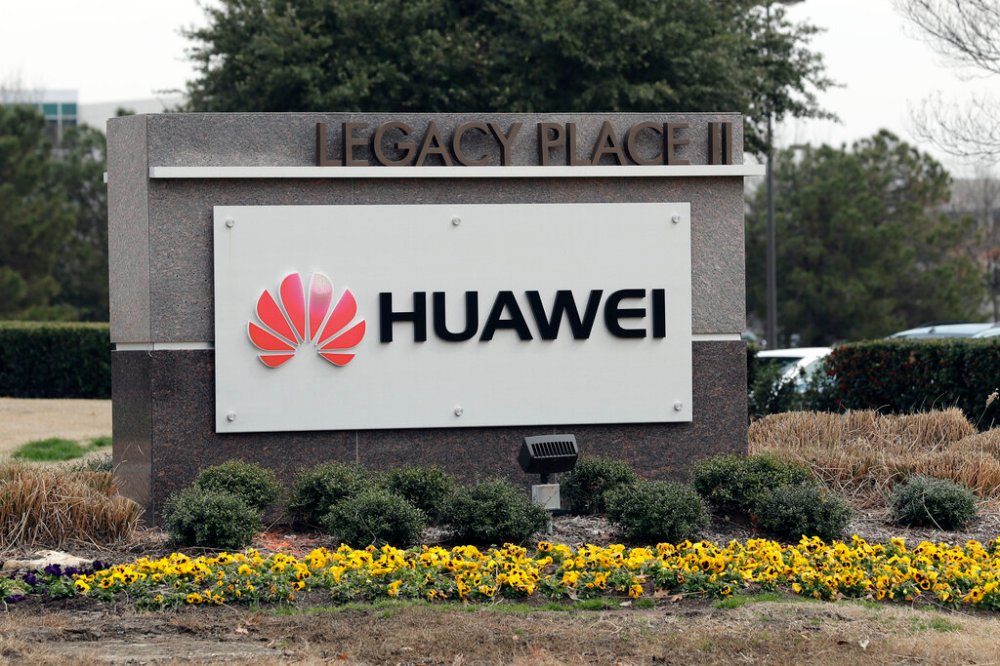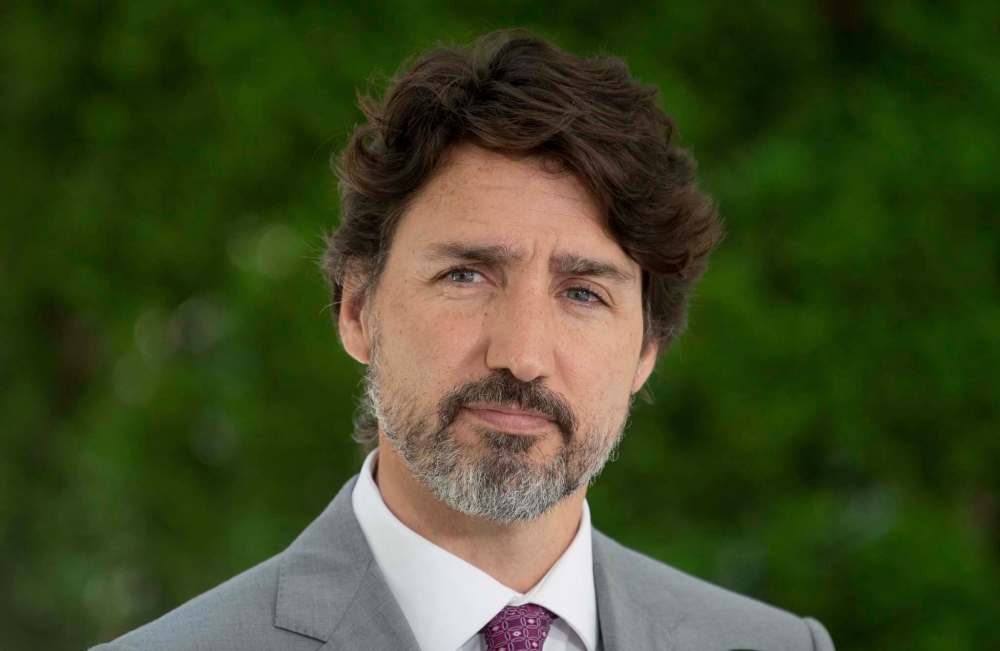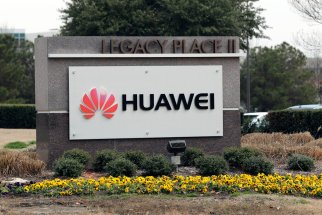Canada should follow U.K.’s lead on Huawei
Read this article for free:
or
Already have an account? Log in here »
To continue reading, please subscribe:
Monthly Digital Subscription
$0 for the first 4 weeks*
- Enjoy unlimited reading on winnipegfreepress.com
- Read the E-Edition, our digital replica newspaper
- Access News Break, our award-winning app
- Play interactive puzzles
*No charge for 4 weeks then price increases to the regular rate of $19.00 plus GST every four weeks. Offer available to new and qualified returning subscribers only. Cancel any time.
Monthly Digital Subscription
$4.75/week*
- Enjoy unlimited reading on winnipegfreepress.com
- Read the E-Edition, our digital replica newspaper
- Access News Break, our award-winning app
- Play interactive puzzles
*Billed as $19 plus GST every four weeks. Cancel any time.
To continue reading, please subscribe:
Add Free Press access to your Brandon Sun subscription for only an additional
$1 for the first 4 weeks*
*Your next subscription payment will increase by $1.00 and you will be charged $16.99 plus GST for four weeks. After four weeks, your payment will increase to $23.99 plus GST every four weeks.
Read unlimited articles for free today:
or
Already have an account? Log in here »
Hey there, time traveller!
This article was published 06/07/2020 (1985 days ago), so information in it may no longer be current.
Prime Minister Justin Trudeau and his colleagues have been thinking for a couple of years now about whether to use equipment from Huawei Technologies in this country’s fifth generation (5G) telecom networks. Events, however, have made the answer increasingly obvious.
U.S. intelligence agencies have been publicly warning since February 2018 that Chinese companies such as Huawei are obliged by Chinese law to assist intelligence efforts of the Chinese government. Consequently, Huawei equipment in the telecom networks of the U.S. and its allies could be used to gather information on behalf of Chinese spy agencies.
The Trump administration has been warning for more than a year that it will restrict intelligence-sharing with countries that use Huawei equipment in their networks.

British Prime Minister Boris Johnson announced in January that he would allow Huawei equipment in parts of the U.K., but not close to nuclear reactors or other sensitive locations. This week, however, the government received another report on the subject from a cyber-security section within its top intelligence agency, warning the government away from Huawei. A faction within the ruling Conservative Party was urging Mr. Johnson to close the door on the Chinese firm.
In this country, Bell Canada and Telus Corp. announced in June that they had contracted with Sweden-based Ericsson and Finland-based Nokia for 5G network equipment. Ericsson was already the main supplier to Rogers Communications. Because of these commercial connections, Canadian telecom companies will be able to build their 5G networks and serve their customers without Huawei equipment.
Canada has direct, painful experience of doing business with Huawei. Chinese security forces kidnapped two Canadians, Michael Kovrig and Michael Spavor, in December 2018 because Canada had arrested Huawei executive Meng Wanzhou as she changed planes in Vancouver. U.S. prosecutors have charged her with fraud and sought her extradition to face trial in New York. The two Michaels are being held as hostages in an effort to exempt Ms. Meng from submission to U.S. courts.
In these circumstances, Canada would be extremely unwise to choose Huawei as a partner or a supplier in its advanced telecom networks. We already know what kind of partner Huawei is: you don’t dare make them mad or your citizens suddenly disappear into China’s prisons as hostages.
The great appeal of Huawei equipment is price. They undersell Nokia and Ericsson. But if you save a few million dollars and then live in constant fear of your supplier because its country’s government is a ruthless hostage-taker, what kind of saving is that?

The telecom companies are building their new, high-volume networks with Nokia and Ericsson equipment. That work can continue. The government might have to require them to replace Huawei equipment they are already using, but the companies can already see which way the wind is blowing, a wind that favours Nokia and Ericsson.
The U.S. and China are both trying to win the decisions they want from the Canadian government. The U.S. provides reasons and threatens to stop telling secrets to Canadian intelligence agencies if we disregard its advice. China imprisons innocent Canadians on its territory and threatens them with life sentences. It should be blindingly obvious which argument Canada should listen to.
Fifty years ago, Canada hoped China, once it was brought into the United Nations and the world trading system, would accept the rules by which other great nations live. It hasn’t worked yet.







